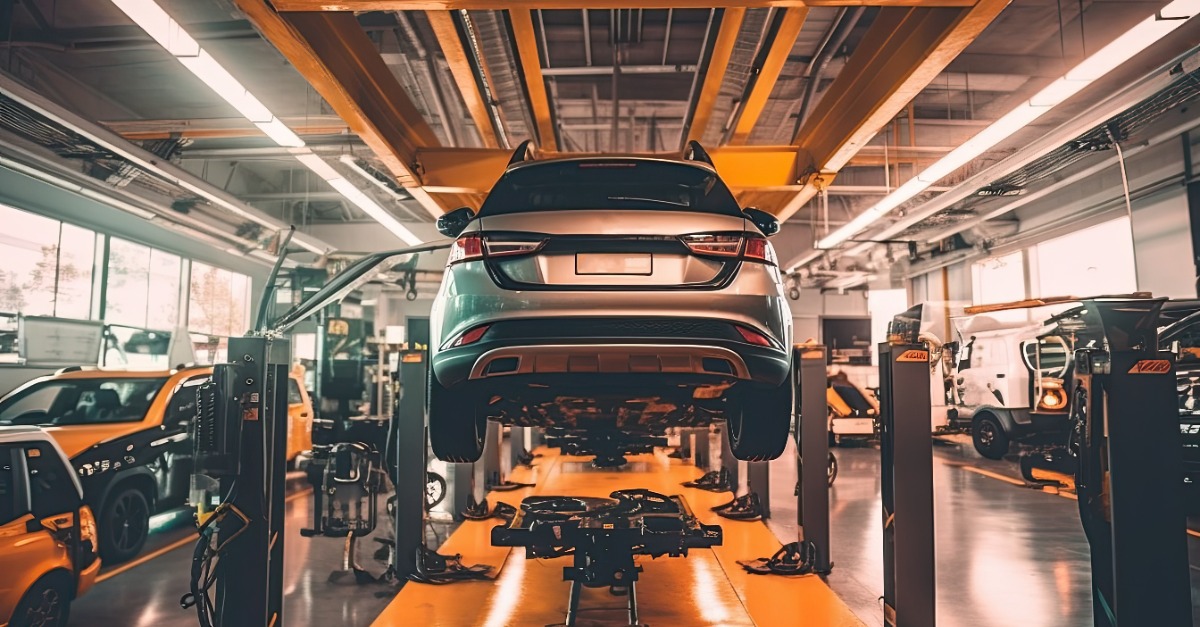24/11/2023 (China) - The Regional Comprehensive Economic Partnership (RCEP) has significantly boosted the presence of Chinese automakers in the Southeast Asian market. This agreement has fostered closer economic ties and provided Chinese manufacturers with more accessible opportunities in this region.
Guangxi LiuGong Machinery Co Ltd, a machinery manufacturer based in South China's Guangxi Zhuang autonomous region, has seen a sharp increase in production and overseas orders since the beginning of the year. The region's proximity to Southeast Asian countries under RCEP has been a critical factor in achieving these breakthroughs. In January, LiuGong's export volume of construction machinery rose by over 50% year-on-year, and the overseas shipment of large excavators increased by a staggering 500%.
Xiang Dongsheng, vice-general manager of LiuGong Machinery Asia Pacific Co Ltd, emphasized the company's established sales network in Southeast Asia and the acceleration in international business development. Similarly, Li Dongchun, general manager of LiuGong's Overseas Business Center, highlighted the RCEP's role in facilitating more efficient trade, allowing for a more flexible business layout and enhancing various aspects of overseas subsidiaries.
Moreover, other leading Chinese manufacturers, such as Guangxi Yuchai Machinery Group Co Ltd, have also witnessed significant growth in overseas sales and market share. The new-energy industry, represented by companies like SAIC-GM-Wuling (SGMW), is driving this overseas expansion. SGMW, for instance, has achieved localized production in Indonesia, generating employment opportunities and contributing to the local industrial chain.
However, the influence of RCEP is not limited to Chinese companies. The agreement is expected to bring major gains to Asia's auto industry as a whole, with countries like Japan and South Korea benefiting from reduced import tariffs in the Chinese market. The freer circulation of materials across the region is expected to strengthen the regional supply chain, with Southeast Asian countries likely to see a surge in new assembly plants due to lower labor costs.
The overall structure of the auto industry in the region might not change significantly, but member economies are set to enjoy the advantages of a larger shared market and reduced manufacturing costs. China's new energy vehicle industry, in particular, is expected to seize a larger share of the ASEAN market, leveraging its technological and cost advantages.
The implementation of the RCEP has opened up a new era of economic cooperation in Asia, with Chinese automakers at the forefront of exploring and capitalizing on the vast business opportunities in the Southeast Asian market.



